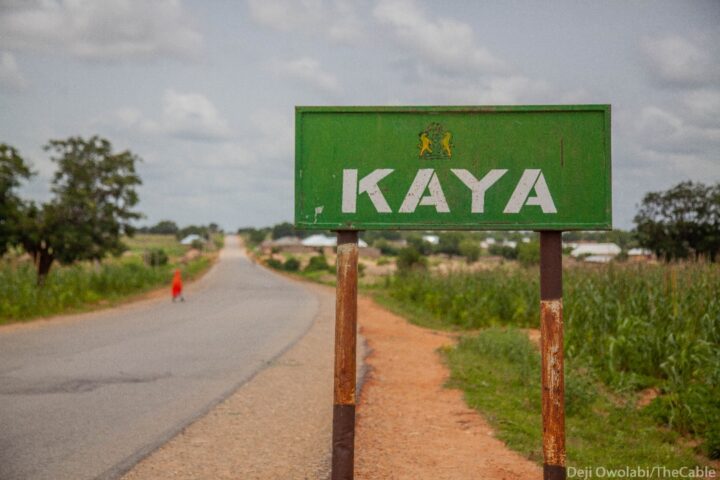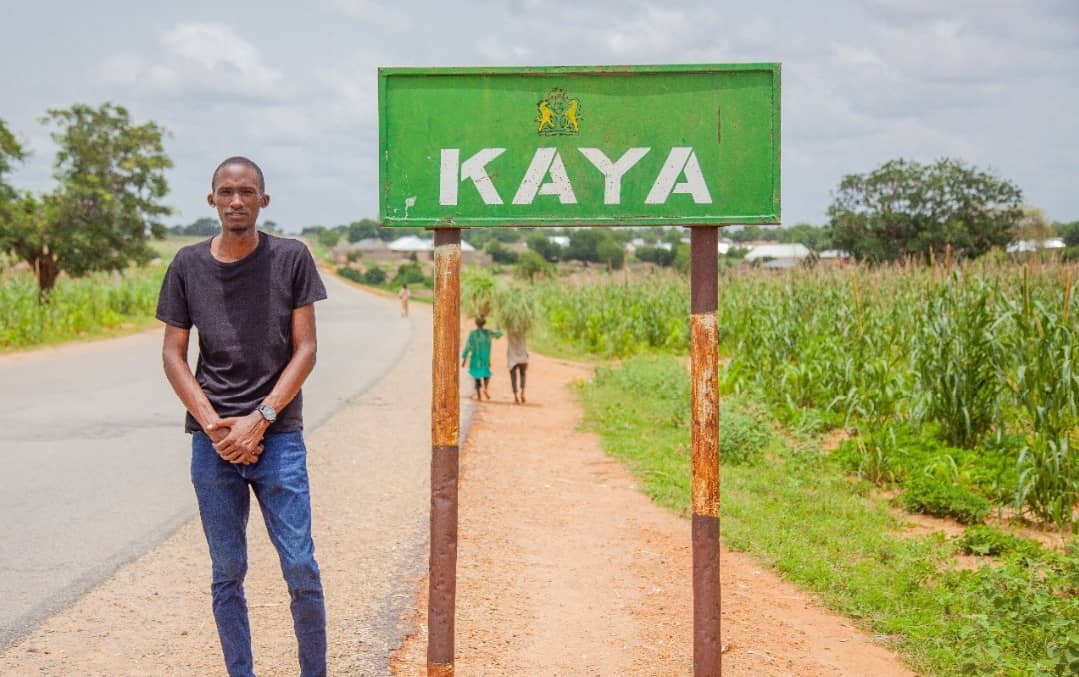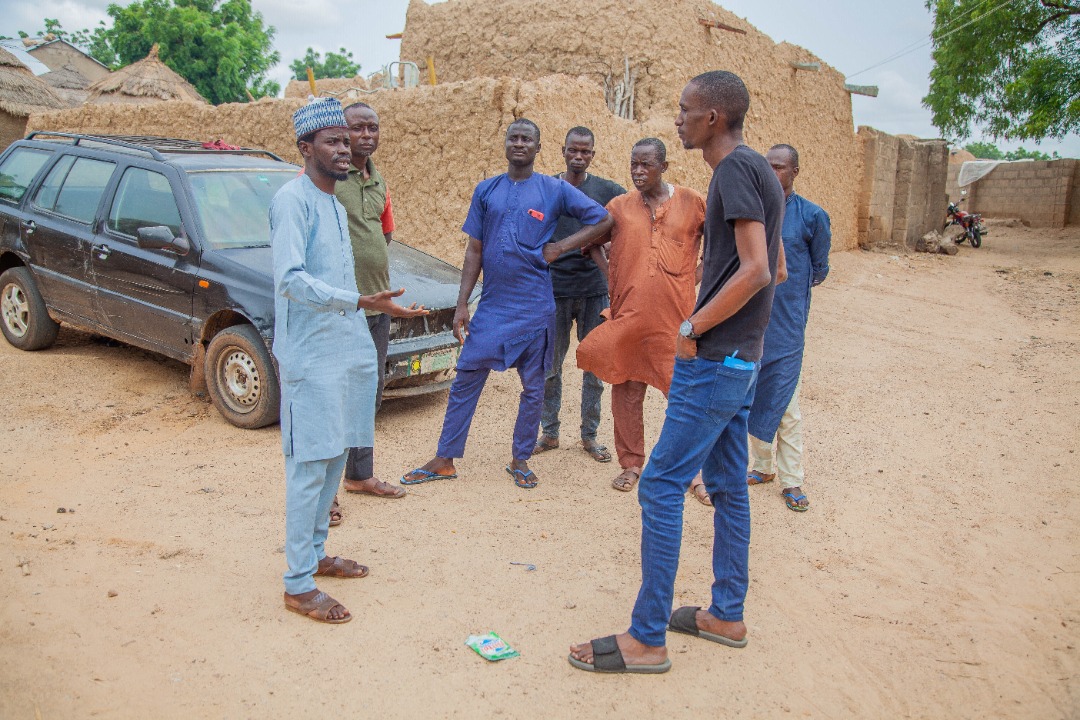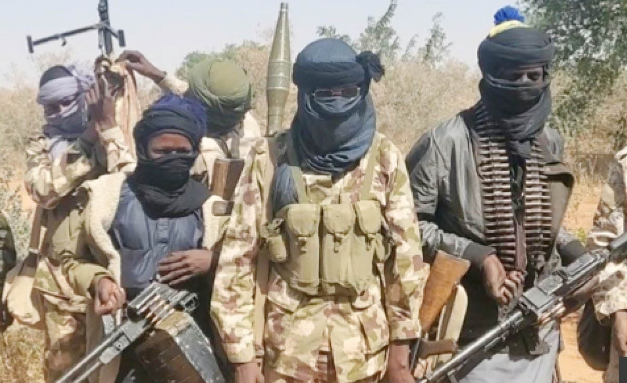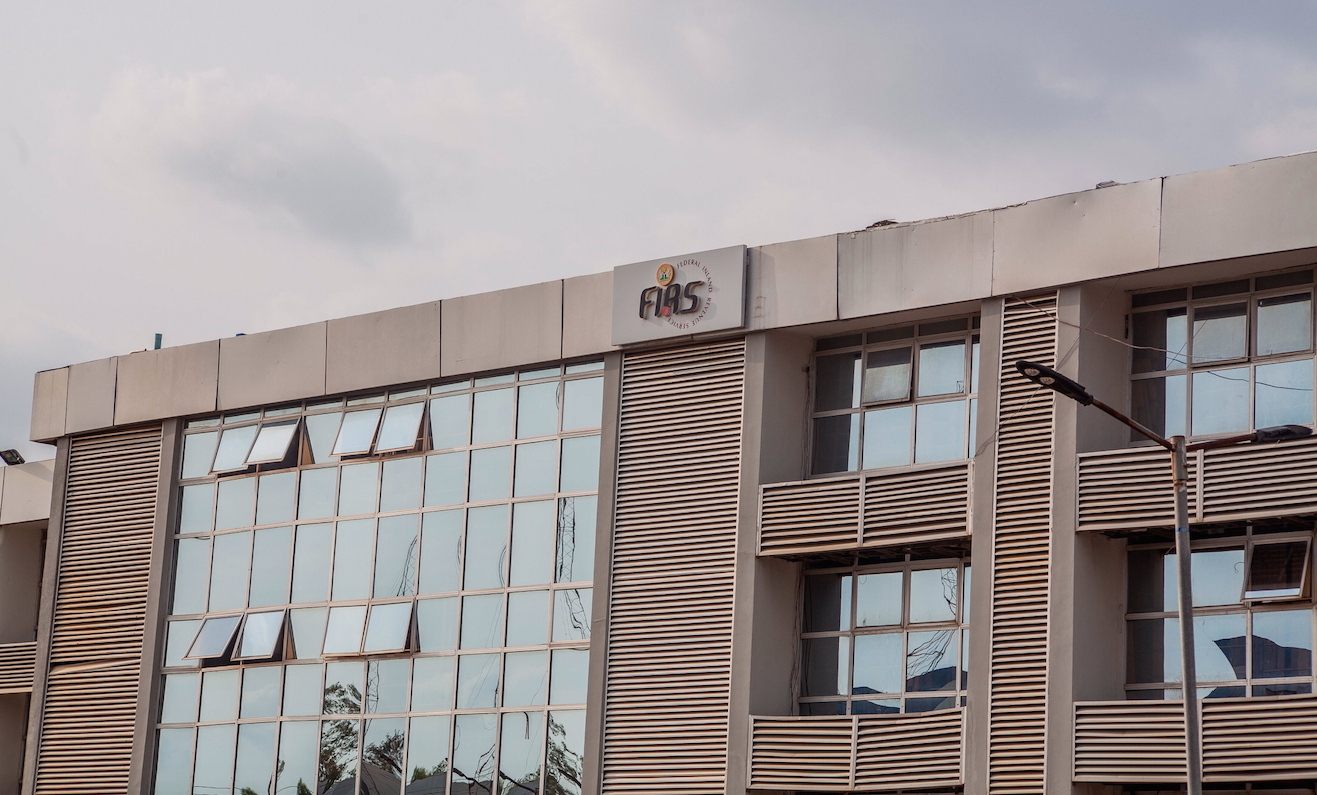On Wednesday, September 1, my editor sent me a WhatsApp message and it read: “You may have to go to Zamfara with Deji”. And I responded: “OK boss.”
I and Deji Owolabi, a photojournalist with TheCable, were assigned the task of following up on the abduction of some students from Government Day Secondary School, Kaya, in Maradun LGA of the state.
Bandits had kidnapped 73 students from the school.
Zamfara, Kaduna and Katsina states, located in the north-west zone of the country, have constantly recorded devastating attacks by gunmen or bandits in recent times.
Advertisement
I was excited to go on the trip but I was not sure of what to expect. “Ahhh” was what I heard from my mum when I informed her about the trip.
After a minute or two, she calmly said: “Make sure you text pastor about your trip so he will pray for you.” I did.
Also, some of my closest friends — Chikaodinaka, Hadassah, Marshal, Chiamaka, Famous and Kevwe — expressed their concerns over my trip but for some reason, I was at peace.
Advertisement
While giving the trip some thought, I felt like Christiane Amanpour, a CNN journalist who has largely reported on conflicts in the Middle East. Only that in Zamfara, these so-called bandits have adopted “guerrilla tactics” — and ‘kidnap for ransom’ is seen to be a huge business for them.
While Amanpour may have heard live rounds while doing her job in places like Syria, I was going to a place where criminals attack under the cloak of surprise.
With so much adrenaline in my system, I and Deji boarded a one-hour flight to Sokoto from the federal capital territory (FCT). Upon landing in Sokoto, we had to take a cab for a three-hour trip to Gusau, Zamfara.
But there was a challenge.
Advertisement
BRISK BUSINESS
The problem was that no driver was going to embark on a “risky” trip to Zamfara except the price was right.
I asked a driver: “How much is it to Gusau?” He replied “N30,000.” Deji and I tried to negotiate our fare to at least N20,000 but the driver refused.
“The road is not safe. The time is about 2:00pm. Once it’s 4:00pm, passing some sections on that road is risky,” Sanusi Giginya, the driver, said.
Advertisement
“If it is less than N30,000 I won’t go. I can take you to the park if you want.”
We had no time to haggle as we were working on a tight schedule. We had to move.
Advertisement
While on the three-hour trip, we met over 10 checkpoints mounted by police officers. In the course of the trip, Giginya gave the officers along the Sokoto-Gusau expressway bribes or “halal” as he would call it.
Halal, the driver explained to us, was the money he gave to the officers who did not request it.
Advertisement
Interestingly, he said the police officers are usually the first to flee when there is an attack by the bandits.
The trip was smooth and we arrived at Gusau where I met my guide. For taking a risk to escort us to Kaya, he requested a non-negotiable fee of N30,000. Almost everyone I spoke to in Zamfara said the prices of goods and services were high because of the insecurity in the state.
Advertisement
NO PHONE SERVICE
On September 4, I woke up to prepare for our trip to Kaya. After saying my prayers, I picked up my phone to call my guide, and behold, there was no service.
After rebooting my phone five times, it occurred to me that the signal could have been blocked. I was frustrated and it was not even 9:00am yet.
“Seems I am in the stone age. How will I get in touch with my guide?” I thought.
One hour after the time we fixed for departure, he showed up at the hotel and we began our almost two-hour drive to Kaya from Gusau.
“I think the security agencies are undertaking an operation, that is why there is no network,” my guide tried to explain the no-service situation in the state.
I would later learn in Sokoto that the Nigerian Communications Commission (NCC) had ordered the telecommunications companies to shut down service.
KAYA AND THE STUDENT SHOT BY BANDITS
Although Kaya is part of Maradun LGA, the little community of about 1,000 people sits in the middle of nowhere. The road leading to Kaya and beyond is lonely.
Once we arrived at Kaya, we paid homage to the village head and set down immediately to work. I was saddened when I met Samaila Dahiru, a 13-year-old JSS1 student who was shot by bandits.
Dahiru was discharged from the hospital shortly before we got to his village. He explained to us that he was shot when the bandits made an attempt to shoot his teacher.
“I ran away and they chased me, I was calling Mallam Kabir, my teacher, when they made an attempt to shoot him but suddenly they shot me,” the frail-looking student who was supported by his father told me.
“One of the students in my class carried me on his shoulder after I was shot and ran into the bush with me.”
I also found the story of Subewa Mohammed, a 13-year-old student who escaped captivity, quite interesting.
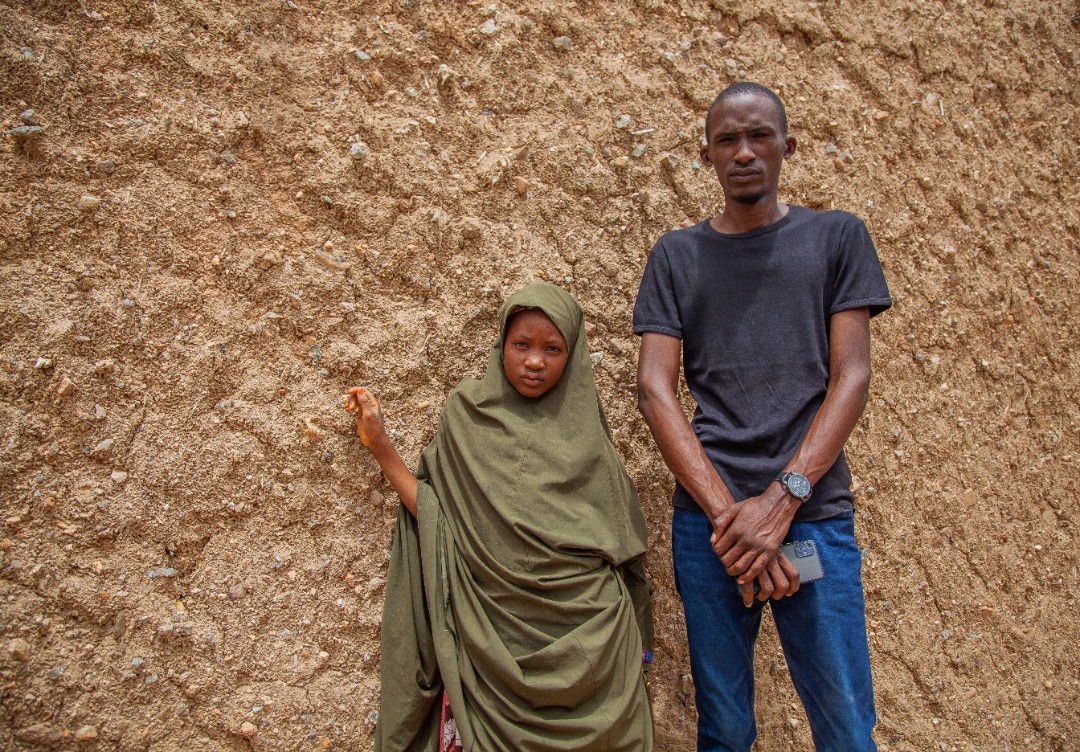
Subewa told me that the bandits gave them food in their palms and a bottle of water to share.
“While at the camp, they asked us to lay down,” the SS2 student said.
“They gave us food in our hands. They gave us one bottle of water for all of us to share.”
I exclaimed: “Wait, what?!” That could not be true. I told my guide to ask her again in Hausa. And she affirmed.
I could not stop thinking about the plight of the rest of the students still in captivity.
The unfenced school where the students were abducted looked like ruins from a war scene and had an awful smell. Only one or two classrooms had chairs for the students to sit on.
PHOTOS: Inside dilapidated Zamfara school where 73 students were abducted | TheCable https://t.co/JWJ3TrZ2zv pic.twitter.com/ikujPhsr5K
— TheCable (@thecableng) September 4, 2021
Also, ceiling boards and roofing sheets were missing in some of the classrooms.
‘PRISONER’
For the two days I was in Zamfara, I felt like I was walking around in a big prison yard because I was unable to communicate with the outside world.
Prisoners may even get calls while serving their time — but in Zamfara, no one resident could reach anyone. Not even in an emergency.
Apart from that, the state government imposed a curfew from 8:00 pm to 6:00 am as a measure to curb the insecurity in the state.
It was common to see the armoured personnel carriers (APCs) manned by soldiers on the streets of Gusau. One could almost smell the fear in the air and tension in the land, owing to the prevailing circumstances.
On a number of occasions, my guide told me with concern: “A lot is happening here [Zamfara]. These are really not safe times.”
“How long are these students going to stay in captivity?” I thought as I made my way out of Zamfara.
Views expressed by contributors are strictly personal and not of TheCable.

